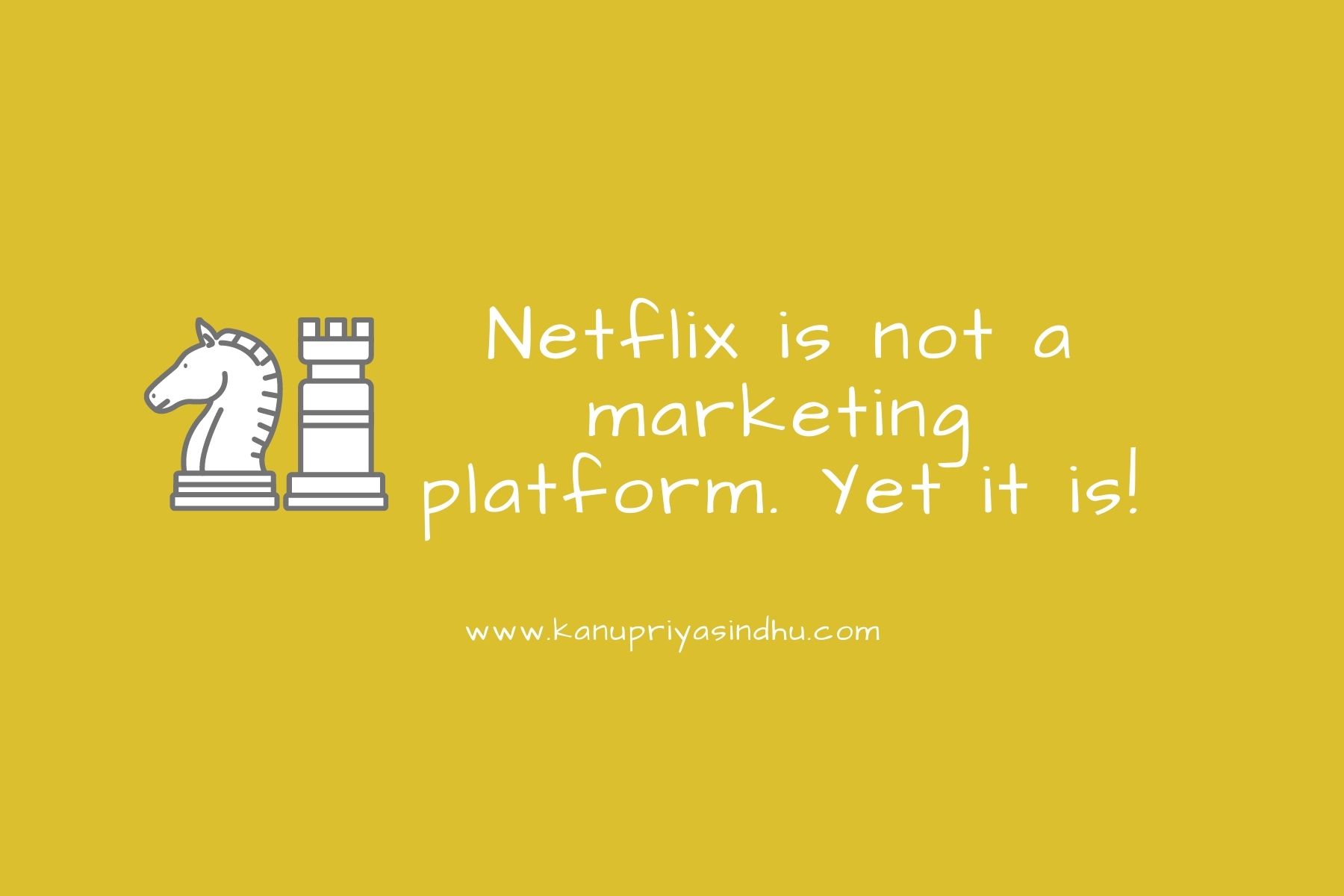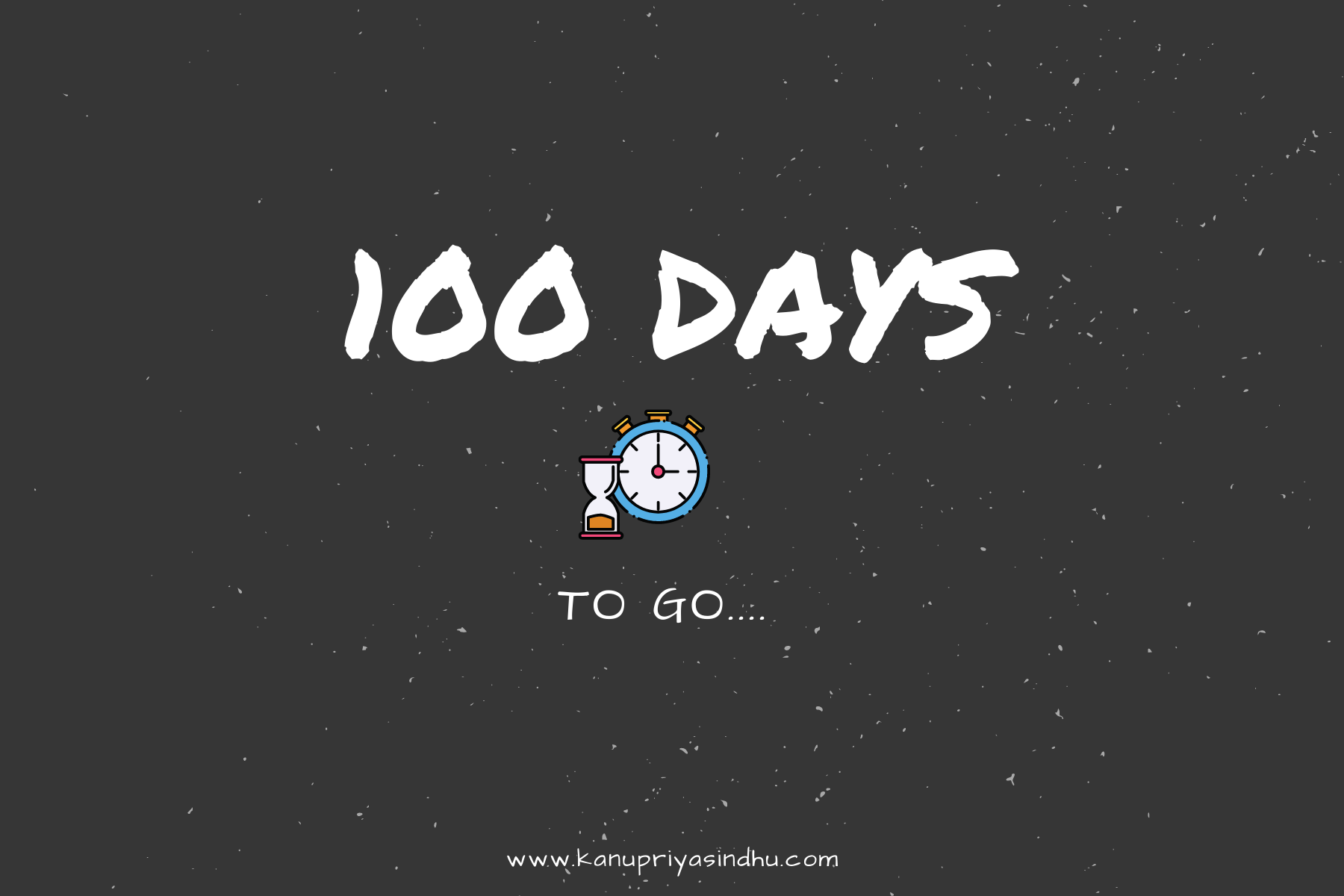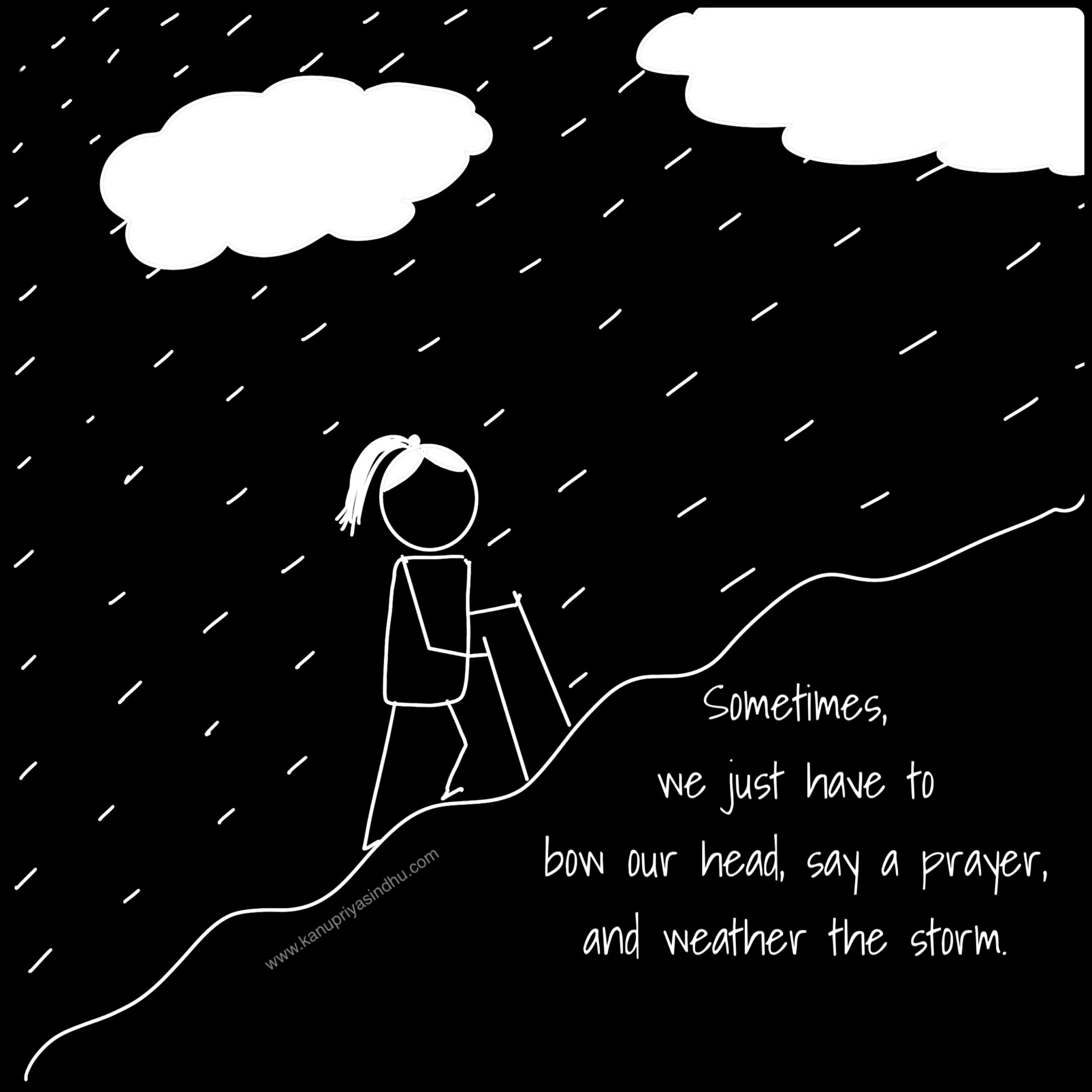Actually more than aided, I felt like writing “forced” social media engagement as a title for this post :). Below anecdote is a real life example of two Indian e-commerce brands utilizing social media in different ways. For the sake of anonymity let’s call these brands as X & Y.
Brand X: An old and established e-commerce player in India which has got reasonable service level and till date as a consumer I have never faced much issues with it.
Brand Y: A new e-commerce player in the same industry but which has changed rules of the game completely in India and based on its service levels has managed to completely floor its customers. Lots of loyal customers (including me) of other similar sites have shifted their loyalty to this new brand Y mainly because of the consumer experience and customer service offered by this brand.
Brand Y being a new brand was already present on social media platforms but Brand X didn’t have any such strong online social presence. Now with all this hubbub of social media, fans on Facebook and followers on Twitter, X also decided to strengthen its fan base but instead of taking the straight route decided to take a shortcut and launched a promotion campaign which said – become our fan on Facebook and get Rs. 500/- worth of our voucher absolutely free. Mailers, messages and those standard blah blah blahs to promote this campaign went live. And as expected, their fan base started to multiply on an hourly basis…tens, hundreds and thousands…so much so that finally X decided to put a cap of first 5000 fans for their free vouchers. The brand was trusted and the promise made by the brand was loud & clear, to add to that this incentivization to consumers helped the campaign to achieve what it aimed at. Within few days only the fan base swelled to thousands. Now it was the time for customers to get their incentives but lo’ when the vouchers came it was not as fair as the campaign claimed it to be. Constraints applied were – the voucher was not valid for the entire e-store, there was a special section created to redeem that voucher and none of the products available there were less than 4 times of the voucher amount; the voucher was valid for hardly few hours; due to traffic on the server, website was going down often whenever one tried to redeem the coupon code and from such a limited catalogue, lots of products of lowest price were marked as “sold”.
Well, didn’t take much time for customers to realize that this was just another marketing gimmick from this trusted brand and the voucher was just another trick to garner some fans and build up the metrics. And the decrement in fan base started to happen at a pace faster than what it had taken to build it up. Realizing the con, consumers started to quickly click “unlike X” and write negative comments about the brand openly on platforms like Facebook & Twitter. Not only X lost the chance to impress the new customers, it also lost the trust of loyal customers who had clicked on “like” because they had genuinely liked the brand. Fiasco, negative publicity and bad word of mouth far sooner than imagined by the brand!
X understood the harm done and decided to take some quick steps – they launched a better redemption store, better discounts and quick responses to all online grievances. But the fact remained that X’s customers were annoyed and the damage to the brand was already done.
And the status of fan count for both these brands as on today (almost 2 weeks after this promotion): While X is at a count of some 6k+ fans, Y is at a count of 1.06 lacs+ fans.
So, what would be quick takeaways w.r.to social media engagement from this case study?
- Don’t jump into social media unnecessarily and that too without a proper thought through plan. A promotion which can work in other mediums may not work in this medium.
- While social media is excellent for customer engagement but if things go wrong, it is an equally powerful medium for customer “disengagement”
- You know that negative word of mouth on this medium spreads like fire! And why not, after all it’s in human nature to crib more than praise 🙂 ?
- Don’t incentivize your customers as tool for engagement, empower them and give reasons in terms of products and services for them to be engaged in your brand.
- Number of fans or followers is not just yet another marketing metrics which can be increased through some formulaic route; let it grow organically as much as possible. The more natural positive progression it will be, chances of your fan base following a stable track will be higher.
Note: Why am I not revealing the names of brand X & Y? Well, first of all if you have been following Indian e-commerce industry on social media then I’m sure it’s not difficult for you to guess the brands I’m talking about. Secondly, earlier I used to like this brand X and since X tried to correct its mistake very quickly in this case, so I thought not to openly mention their name and generate another negative page about them 🙂










Recent Comments